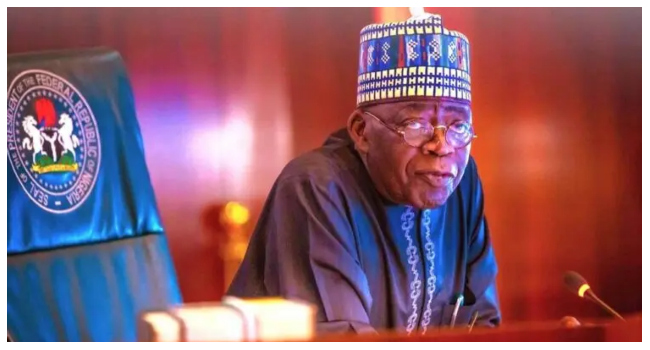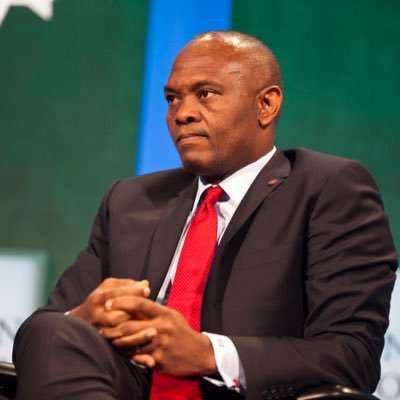As the planned ‘EndBadGovernance’ protest slated for August approaches, President Bola Tinubu held an emergency closed-door meeting on Thursday with top traditional rulers, senior security officials, and governors from his ruling party, the All Progressives Congress (APC).
The high-level meeting took place at the State House in Abuja, the nation’s capital. The APC governors were led by the Chairman of the Progressives Governors’ Forum and Imo State Governor, Hope Uzodinma.
Among the distinguished traditional rulers present were the Ooni of Ife, Oba Enitan Ogunwusi, and the Sultan of Sokoto, Muhammadu Saad Abubakar III, along with other leaders from across the country. Also in attendance were the National Security Adviser (NSA), Nuhu Ribadu; Inspector General of Police, Kayode Egbetokun; ministers; and other members of the President’s cabinet. A delegation of Islamic scholars (Ulamas) later joined the meeting.
President Tinubu, who assumed office in May 2023, has urged discontented youths to reconsider the planned ‘EndBadGovernance’ protest scheduled for next month. In a bid to address citizens’ grievances, the President recently submitted a bill to raise the minimum wage from N30,000 to N70,000 to the National Assembly. Both chambers swiftly passed the bill on Tuesday, and it is now awaiting the President’s assent.
On Thursday, military authorities cautioned that disruptive elements might hijack the protest to incite chaos, similar to recent events in Kenya. The police also warned against potentially violent demonstrations next month, with Governor Uzodinma expressing concerns that the protest could turn violent like the EndSARS protests against police brutality in October 2020.
The protest against economic hardship, which has gained significant traction on social media, is planned to take place across all states of the Federation and the Federal Capital Territory (FCT), Abuja, in August. The organizers of the protest remain anonymous.
Nigerians have been grappling with soaring prices of food and basic commodities, facing one of the country’s worst inflation rates and economic crises. This situation has been exacerbated by the government’s policies of removing the petrol subsidy and unifying the forex windows.






